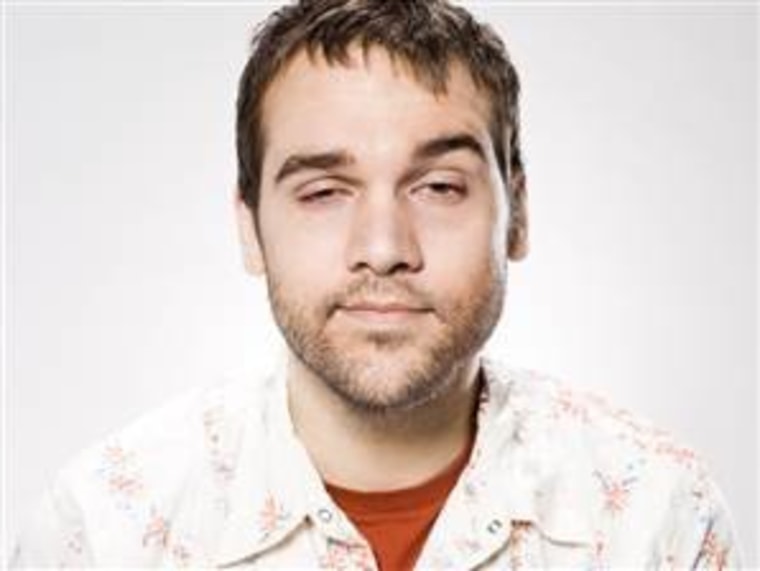The fight begins.
Round One: Your field of vision -- maybe a laptop screen, maybe a TV screen -- slowly dissolves from bright and wide to dim and squinty. Your eyelids are drooping.
Round Two: Soft, steady blinks set in, like a referee counting you out. Your lids feel like slabs of cement. In a desperate push, you forcibly ram your bulbs open: a brief, final glare at the fading world.
Round Three: Your brave gaze promptly melts into a haze of lashes. The cement-laden lids now feel like they’re also carrying cement mixers.
Round Four: You’re out.
That nightly bout -- you versus Morpheus (or, if you’re not into Greek mythology, you versus the Sandman) -- is a simply the last moment of a war of attrition inside the muscles that power your eyelids, including the levator, the Mullers, and the frontalis. Those tiny fibers feel heavy after a day of watching, scanning, looking and gawking. It’s just a matter of muscle fatigue, no different than your biceps feeling spent after a set of curls in the gym.
“Reading – or, like I’ve been doing the past few days, working on the computer – really wears those muscles down like your legs would become tired from walking for a whole day,” says professor Mark A. W. Andrews, professor of physiology at Seton Hill University in Greensburg, Pa. (Before a phone interview with The Body Odd, Andrews had spent three straight days preparing exams for his students).
Your lids can feel extra hefty after days “when you have to concentrate and keep them open a certain amount, “Andrews adds. “It’s even worse when you’re working in a darker environment. Just like an f-stop on a camera (which regulates exposure), you have to make sure your eyes are fully widened, letting all the possible light in.”
This also explains your instinctive attempt to momentarily revive tired eyes -- gently rubbing them with your fingers.
“What feels good after you exercise certain muscles? A massage of sorts,” Andrews says. “That rubbing is going to increase the blood flow in the area and get rid of waste materials that are generated from fatigue. The rubbing washes the waste materials out and into the lymph system.”
What’s more, this is why tired eyes tend to look puffy, he adds: “When you’re using a muscle a lot, there’s a lot of vascular pressure, a lot of blood flowing through.”
In people with anatomically heavier eyelids, Andrews explains, their lid muscles can fatigue even faster than in people with thin lids. Sorry about that, Blake Lively.
And as we age, many of us acquire “fat pads,” beneath our eyes. This extra tissue makes the heavy-lid sensation “more prevalent” when we're weary, Andrews says. Even worse, at that stage look just as tired as we feel.
Anyway, all this chatter about sleepy eyes is making my eyelidzzzzzzzzzzzzzzzzzzzzzzzzz … Oh no. Round One.
Bill Briggs is a frequent contributor to msnbc.com and author of “The Third Miracle.”
Related:
